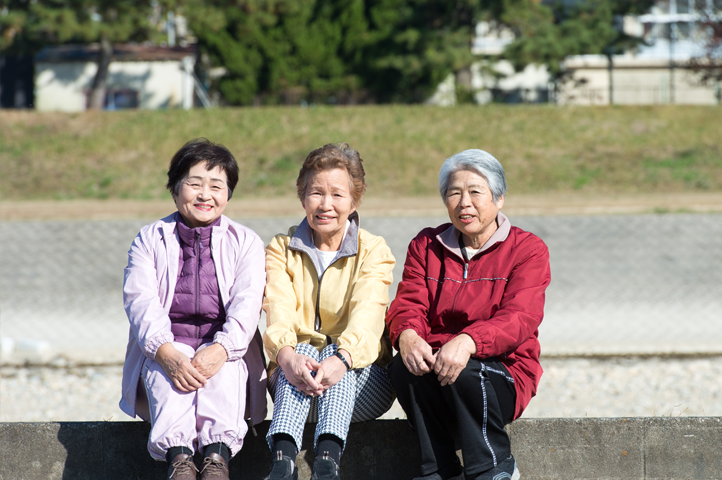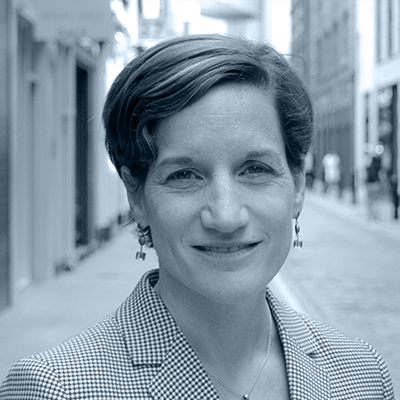

By Suzanne Wait
A session at this year’s European Society of Medical Oncology congress focused on rehabilitation, a crucial element of the cancer care journey for patients.
A few weeks ago, my colleagues and I were among the 20,000 people who attended the European Society of Medical Oncology (ESMO) congress in Madrid. Particularly exciting this year was that the Patient Track sessions were an integral part of the programme – allowing ‘non-clinical’ topics of high relevance to patients and caregivers to be discussed. Such topics typically do not feature in the more clinically focused sessions of these congresses.
Rehabilitation is fundamental in cancer care
Among many excellent sessions, one that most struck me was called ‘Lost in rehabilitation’. The premise was that rehabilitation is a critical part of the cancer care journey for patients, and that greater efforts are needed to embed it into cancer care plans, as well as individual patient care and support. During the session, rehabilitation was defined as the general return of people who had been diagnosed with cancer into society and everyday life – going back to work, trying to resume a ‘normal’ life as men and women, parents, children and friends, developing relationships – and learning to put their diagnosis of cancer behind them, as much as possible.
I heard some incredibly poignant testimonies from cancer patients, talking about how they felt lost in their attempts to resume a normal life after their cancer treatment ended. One woman spoke of her deepest wish to ‘hang up the “cancer patient” label’ after her treatment was over. Another talked about being denied health insurance because of her cancer diagnosis. Many reported the difficulties of returning to work or applying for a new job, or discussing career advancement. The sense of loss was as much in their ability to navigate the nebulous zone of ‘after-care’ as in adjusting to the emotional – and sometimes physical – aftermath of a cancer diagnosis and treatment. As a close friend of mine, who was diagnosed with cancer at the age of 35 with two small kids, said: ‘The treatment is horrible. But the toughest bit is the mental bit – and that never goes away.’
Cancer survivorship: a recent concept
These discussions may not have even taken place 10 years ago – when the notion of cancer survivorship was, in Europe at least, in its infancy. It is a testament to the transformational advances in treatment and care in recent years that the notions of cancer survivorship and rehabilitation are becoming ever more prominent in today’s policy discussions. For example, several academic papers have called for better social and employment policies to support cancer survivors and their employers to enable their return to work. At ESMO, the European Cancer Patient Coalition (ECPC) and ESMO launched the ESMO–ECPC Survivorship Guide, to foster a dialogue between cancer patients and healthcare professionals to help patients return to a ‘normal’ life. It includes a checklist that may help ensure each patient has a survivorship care plan that considers rehabilitation, late effects and second cancer prevention, as well as a smooth return to work as appropriate.
The fact that we can talk about cancer survivorship is, of course, a huge cause for celebration. Many patients whose prognosis previously would have been very limited may now have the hope of living ‘with or beyond cancer’ – often for many years, and with very good quality of life. Some patients may be on treatment for the rest of their lives – but still able to enjoy life. Others may be lucky enough to be considered in long-term remission or ‘cure’ – although this term is still used with great caution in cancer care.
Thinking beyond survivorship
It is so important, however, to remember that survivorship is not available to everyone. One in every three people diagnosed with cancer does not survive more than five years. All of us working in cancer policy or advocacy must always keep in mind the diversity and individuality of the cancer patient experience. I recall, for example, doing work on metastatic breast cancer and reading that, for many women living with the as-yet-incurable condition, the month of October – where the world goes pink and brandishes the pink ribbon representing hope and survival – fills them with dread, as it reminds them of their ‘failure’ to achieve survivorship. These women feel forgotten, or lost, in their cancer experience.
As advocates, researchers, scientists and clinicians, we need to fight for better diagnosis, care and support for patients and their families at every stage of their care, and after-care. This includes recognising the risk of patients feeling lost, forgotten or abandoned at any stage in their experience. We must always think of what matters most to patients – ensuring that no patient, current or former, feels abandoned in their efforts to gain control.